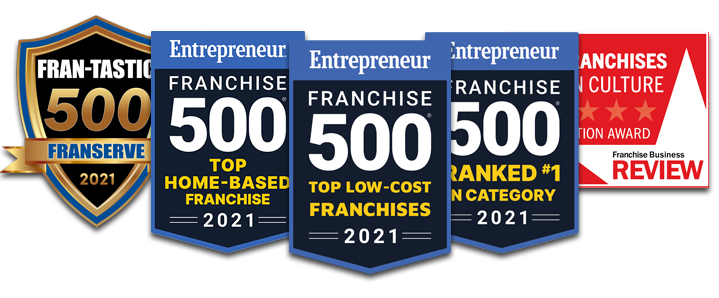When you give a referral to your friends, family members, or other contacts, you are taking responsibility, at least in some measure, for the outcome. The idea is that those who trust you will also trust your referral. By extension, you carry some of the responsibility for the quality of the work of the person you refer.
But how can you be sure that you are lending your trust to someone who deserves it? If, God forbid, you pass a referral and there is a criminal element involved, that reflects poorly on you. In most organized networking models, there are zero checks and balances when it comes to the character or background of the people who are enrolling. Your business isn’t required to have five-star reviews in order for you to join. You aren’t personally required to have a clean criminal record. You aren’t vetted in any other way besides your ability to write a check. Sure, meeting with them regularly gives you a sense of comfort and familiarity, but you don’t really know what that person’s background looks like. So, how can you be sure that you are referring people who will protect your reputation as well as theirs?
At Network In Action, we make sure that you can always refer with confidence. Many companies join our networking groups for that reason alone. Recently, one new member, a CPA, commented that, “By joining NIA®, I will have quality companies to refer my customers to that I can trust.” She was confident in that statement because we vet all prospective members before they are allowed to join. Each member has successfully passed a criminal background check and undergone a personality profile test. The criminal background check looks at anything that might have happened that would reflect poorly on you or the NIA® community. This means you can trust that when you refer anyone in NIA® to one of your personal contacts you have some security in who is doing the work.
In the early days of NIA®, I had an experience where I drove out to an appointment with our franchise owner west of Houston. When I got there a few minutes late, I saw they’d left a note on the door for me to join them at a restaurant just down the street. Once I arrived, I was uncomfortable in that small booth space talking to the prospective member—an attorney—about NIA® while he was already enjoying his big burger. The longer I stayed, the more uncomfortable I became. There was something about this guy’s intensity and demeanor that was off-putting and cold. He stared at me with eyes that looked more like they belonged to an addict than an attorney.
As soon as I finished talking to him about NIA®, he immediately wanted to join. Our new franchise owner was eager to add a member, and I didn’t have the heart to turn him down based on my own gut feelings. We signed him up, had him fill out the personality profile, and ran his background check. He scored extremely low on the personality profile, and as if that weren’t enough, there was one small issue when we received the background report back at corporate: a conviction for manslaughter!

